Article not found
This article is no longer available. But don't worry—we've gathered other articles that discuss the same topic.
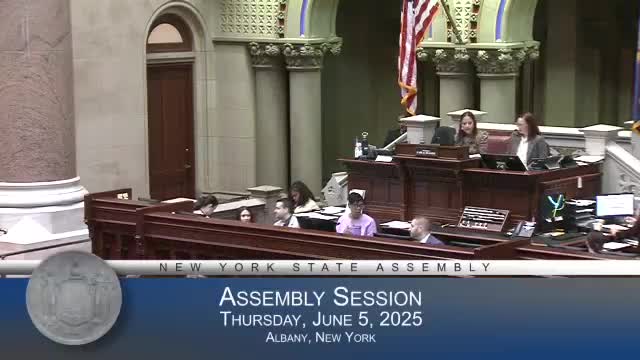
Assembly eliminates Medicaid prior authorization for antiretroviral drugs
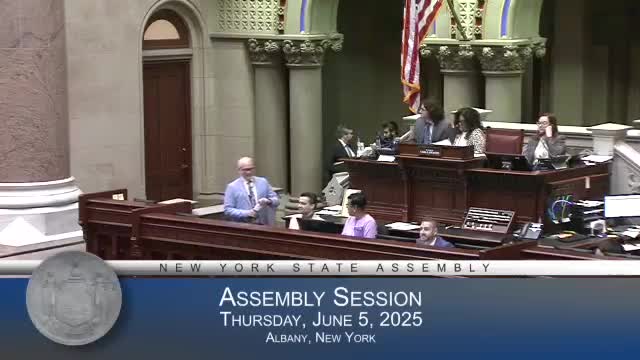
Assembly bans recreational taking of horseshoe crabs; extends DEC regulatory authority
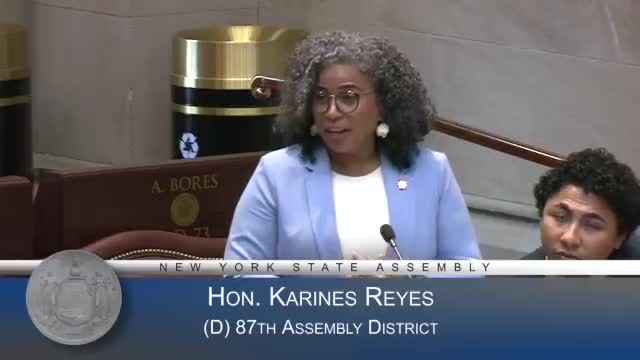
Assembly approves limits on consecutive estimated utility bills
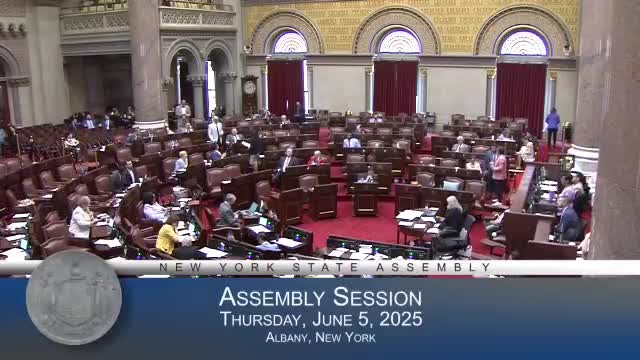
Assembly expands "preferred source" procurement to include organizations serving formerly incarcerated people
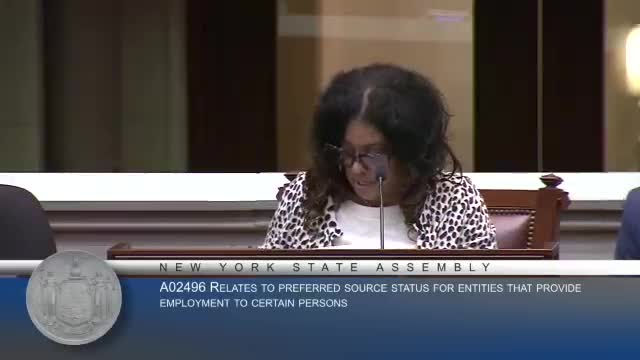
Assembly approves access for credentialed journalists and emergency services to encrypted law‑enforcement radio communications

